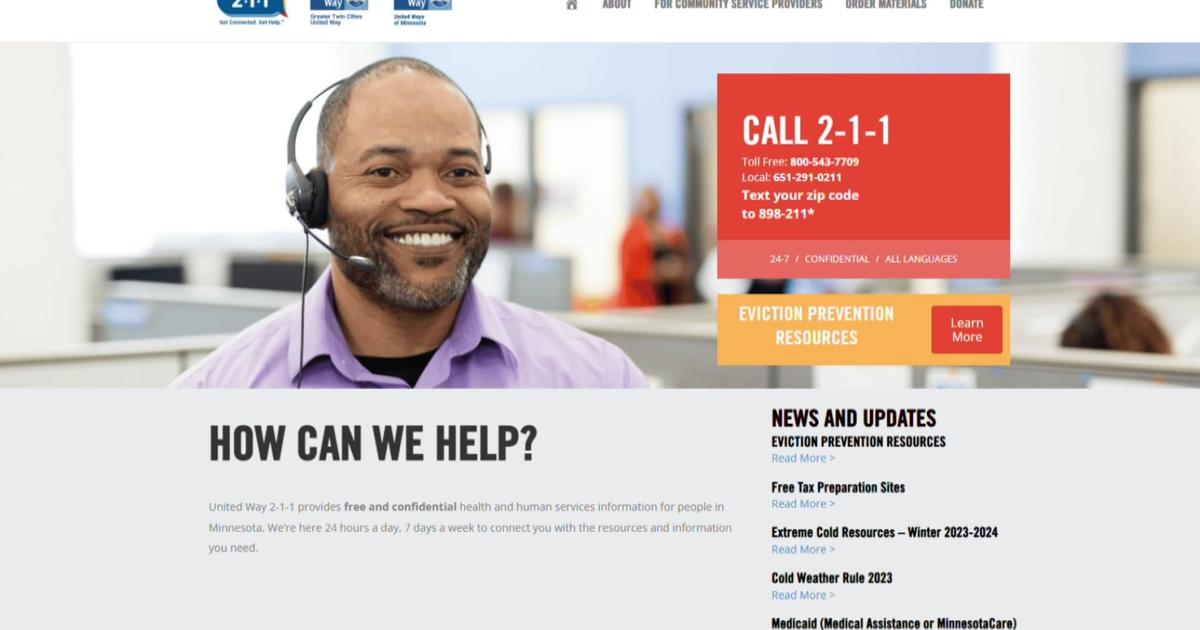How Do Pharmaceutical Companies Price Prescription Drugs?
MINNEAPOLIS (WCCO) -- On Tuesday, the Trump administration announced it wants to require pharmaceutical companies to list the price of prescription drugs in television ads.
But how do drug companies even come up with those prices in the first place?
"It's all about maximizing revenue," says Jon Schommer, a professor at the University of Minnesota College of Pharmacy. "You sit at a table in a boardroom and say 'what's the competition?' For-profit companies are opportunistic so you see an opportunity and you take it."
There are hardly any other places where people shop without price tags and have someone else, like a doctor, decide what they should buy. That's how much of the economics of drug pricing happens in the U.S. Drug manufacturers set the price, but most people don't pay the full amount due to insurance, rebates or coupons.
"On the one hand, you have a very complicated system to which care is provided and then you have a separate very complex system to which healthcare is paid for," says Schommer. "We are in a very difficult situation."
Schommer says drug companies will often look at the competition in the market. For example, if there are already three or four similar drugs available, a company might price near how the other drugs are priced. But, if that drug is the only one in the market, companies will consider how much money they invested to bring it to the consumer and how many times before that they failed. Often times, that can be hundreds of millions of dollars.
There are no government regulations on drug pricing in the U.S. Other countries cap drug prices or negotiate with manufacturers.
In a speech on Monday, Health and Human Services Czar Alex Azar laid out the Trump administration's plan to bring down the price prescription drugs.
"This blue print has four strategies for putting American patients first: Bringing down out of pocket costs, boosting competition, strengthening negotiation and creating incentives for lower list prices," Azar said.
Schommer says some of those strategies have been in place in countries that are less open-market, have smaller populations or a single-payer system.
"And, even then, it doesn't always work," he says.



